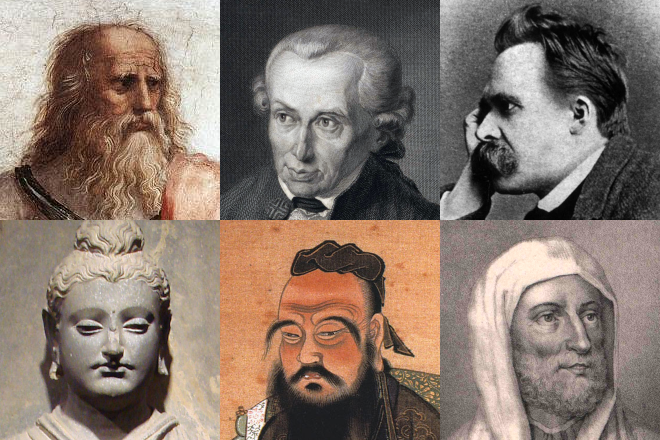Philosophy 101
- Introduction to Philosophy
- Ancient Greek Philosophy
- Renaissance and Enlightenment Philosophy
- Modern Philosophy
- American Philosophy
- Existentialism and Phenomenology
- Analytic Philosophy
- Contemporary and Postmodern Philosophy
- Eastern Philosophy
- Philosophy of Religion
- Philosophy of Science
Analytic Philosophy
Philosophy of Language in Analytic Philosophy

Discipline of philosophy that deals with language and meaning.
The philosophy of language is a branch of philosophy that explores issues pertaining to language, including the nature and meaning of language, the relationship between language and reality, and the ways in which language structures our world. In the context of analytic philosophy, the philosophy of language is particularly concerned with the use of logical analysis to understand and clarify language.
Key Concepts
Meaning
In the philosophy of language, 'meaning' refers to the ideas or concepts that words, sentences, and texts are intended to convey. Analytic philosophers often distinguish between the 'use' and 'mention' of a word, where 'use' refers to employing a word to convey its meaning, and 'mention' refers to referring to the word itself.
Reference
'Reference' is the relationship between words or phrases and the things they stand for or represent. The concept of reference is central to many debates in the philosophy of language, particularly those concerning the nature of meaning and truth.
Truth
In the philosophy of language, 'truth' is often understood in relation to the correspondence theory of truth, which holds that a statement is true if it corresponds to a fact or state of affairs in the world. However, other theories of truth, such as the coherence and pragmatic theories, are also influential in the philosophy of language.
Theories
Descriptivism
Descriptivism is a theory in the philosophy of language that holds that the meaning of a name is the same as the description associated with it. This theory was developed by philosophers like Gottlob Frege and Bertrand Russell.
Direct Reference Theory
Direct reference theory, also known as referentialism, is a theory that argues that words directly refer to objects in the world without the need for an intermediary description or sense. This theory was developed by philosophers like Saul Kripke and Hilary Putnam.
Speech Act Theory
Speech act theory is a theory that examines how the utterance of a sentence performs an action rather than merely conveying information. This theory was developed by philosophers like J.L. Austin and John Searle.
Philosophers
Gottlob Frege
Gottlob Frege was a German philosopher who made significant contributions to the philosophy of language, particularly with his development of descriptivism. He argued that the meaning of a name is not the object it refers to, but rather the sense or way of presenting the object.
J.L. Austin
J.L. Austin was a British philosopher who developed speech act theory. He argued that when we use language, we are not just describing the world; we are also doing things with words, such as making promises, giving orders, or asking questions.
Saul Kripke
Saul Kripke is an American philosopher known for his work on direct reference theory. He argued against descriptivism, claiming that names refer directly to objects in the world, not to the descriptions or senses associated with them.
In conclusion, the philosophy of language in analytic philosophy is a rich and complex field that uses logical analysis to explore the nature and function of language. It has produced a range of theories and concepts that continue to shape our understanding of language and its role in our lives.